KAB researcher releases a fresh study regarding institutional pressures and procurement duration in Uganda.
KAB researcher, Mr. Simon Peter Olupot, has released a new study titled “Institutional Pressures and Procurement Cycle Time in Uganda’s Central Government Procuring and Disposing Entities: the mediating role of opportunist behavior”.
Mr. Olupot is an Assistant Lecturer for Procurement and Logistics in the Department of Management Sciences, Procurement and Business Studies, under the Faculty of Economics and Management Sciences.
The study investigated how opportunistic behavior mediates the correlation between institutional pressures and procurement cycle time (PCT) within Uganda’s central government Procuring and Disposing Entities (PDEs). The study additionally aimed to ascertain the links between institutional pressures and both PCT and opportunistic behavior and the connection between opportunistic behavior and PCT.
Olupot says that the motivation for this study stemmed from the underperformance of many PDEs in terms of PCT, which frequently led to grievances from beneficiaries due to prolonged cycle times.
He further notes that “despite the government’s multiple endeavors to reduce the time taken for procuring necessities, delays in the procurement cycle persist. These efforts include setting specific timelines for evaluation and the Secretary to the Treasury’s directive allowing PDEs to initiate the procurement process while awaiting funds from the government. Therefore, this study is a pioneering empirical investigation into procurement cycle time (PCT) with a distinct focus on Uganda”.
The study findings show that institutional pressures have a negative impact on procurement cycle time (PCT), suggesting that pressures from various mechanisms can effectively reduce delays and improve procurement execution within the specified PCT.
“The study reveals that addressing opportunistic behavior has a significant adverse effect on PCT, indicating that minimizing behaviors like distorting information, not keeping promises, and exaggerating problems can lead to better PCT adherence for procuring essentials”, he adds.
This study concludes that opportunistic behavior partly moderates the institutional pressures and PCT relationship. Institutional pressures and opportunistic behavior are critical predictors of PCT in Uganda’s CG PDEs. In addition, institutional pressures significantly forecast opportunistic behavior within these entities.
Therefore, to reduce procurement delays and adhere to PCT, Uganda’s CG PDEs should prioritize institutional pressures and curbing opportunistic behavior. However, Oluput notes that external factors like eGP, trust, and contract management can also predict PCT, indicating that various influences affect PCT differently across PDEs.
The study recommends a prompt implementation of Electronic Government Procurement (eGP) across all CG PDEs, incorporating comprehensive features for each procurement cycle stage. “This approach aims to decrease direct interactions between PDE staff and providers, which often facilitate opportunistic behavior. Furthermore, there is a requirement for additional revisions to the PPDA Act 2003”, Olupot notes.
According to the study, these revisions should focus on expediting the approval process by contracts committees and revising the minimum competitive bidding period, both of which contribute to delays.



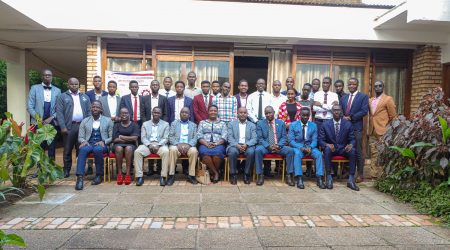
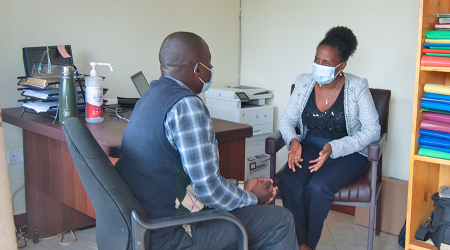




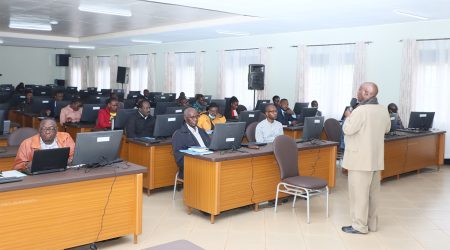
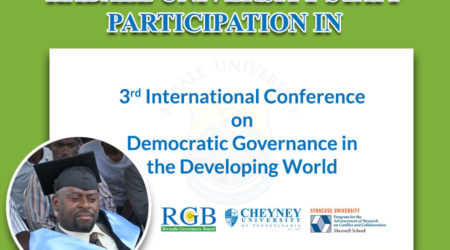

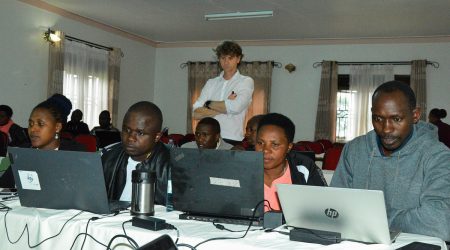
Leave a Reply